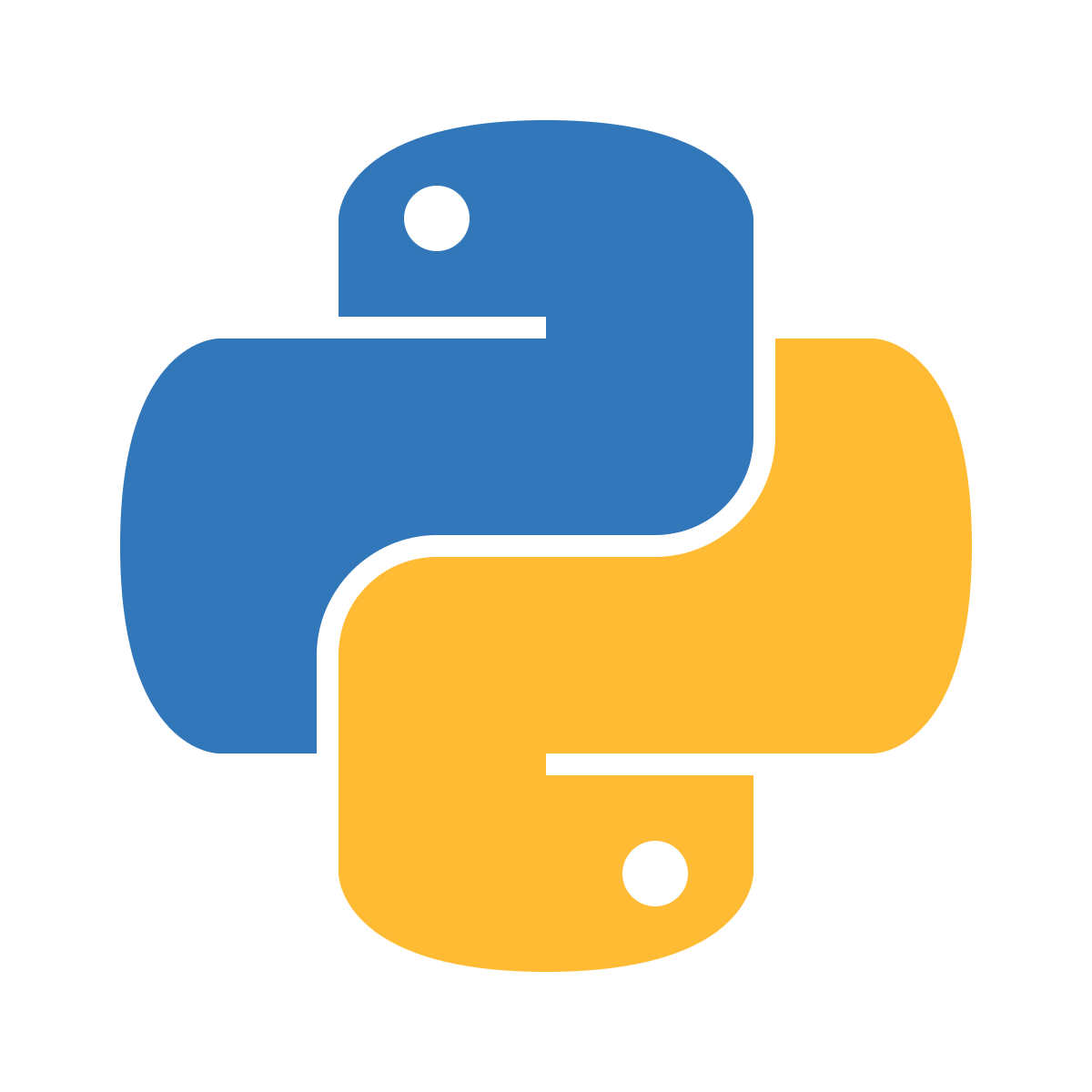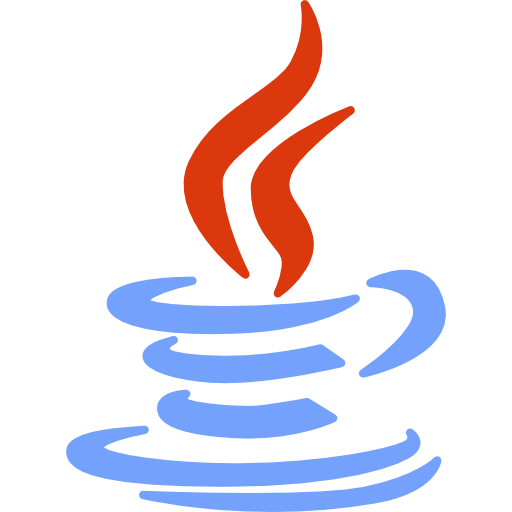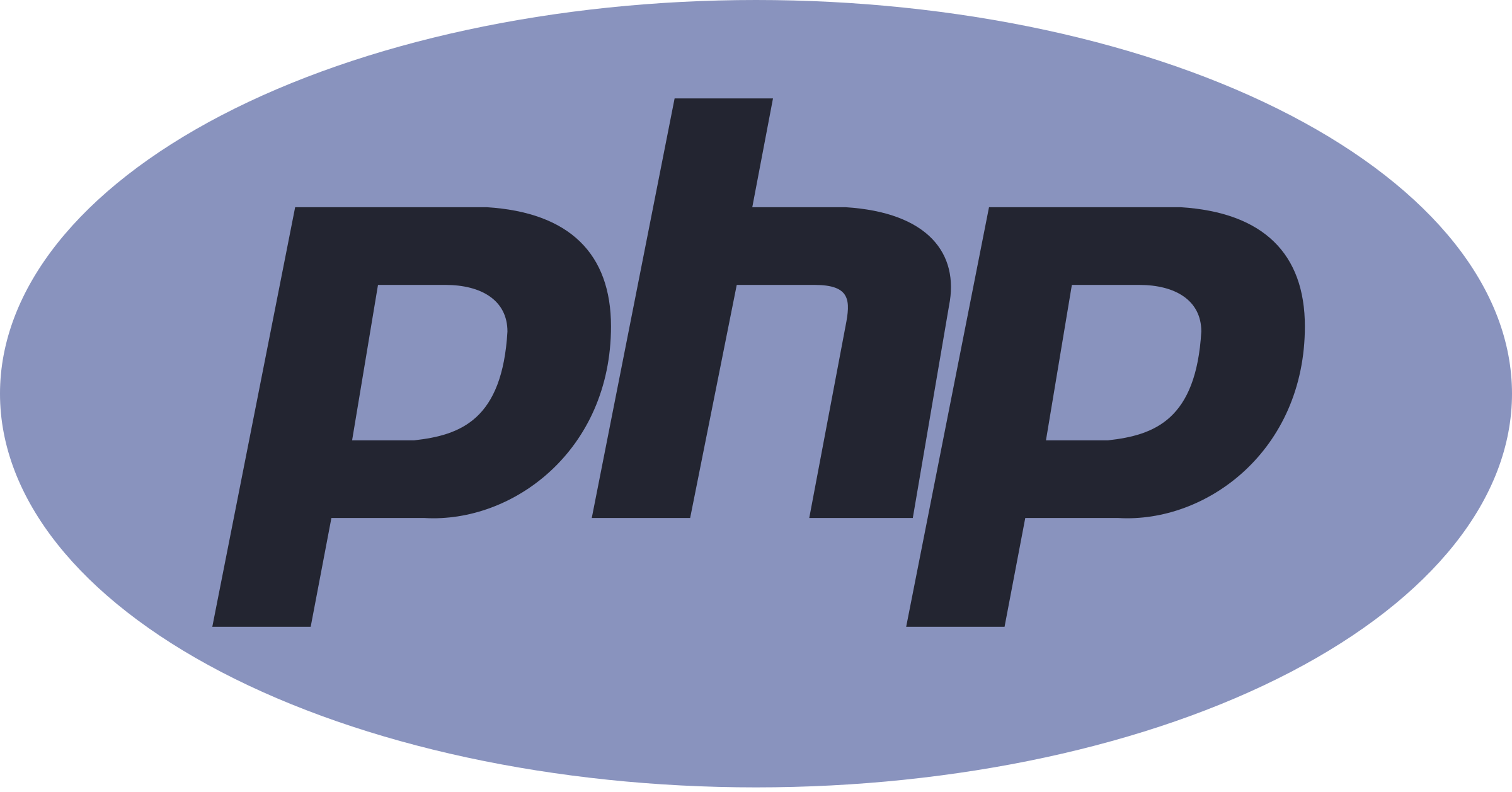What programming language is used for API development?
May 02, 2024
Table of contents
Quick Access
APIs are present in our daily lives, although you may not notice it. To define it, there is no better source than MuleSoft, one of the most used tools for creating APIs. In their official documentation, they explain “API is the acronym for application programming interface: a software intermediary that allows two applications to communicate with each other. APIs are an accessible way to extract and share data within and between organizations.”
The development of APIs is currently something quite common for any company due to the number of applications and software they use for their daily processes. This is achieved with tools such as MuleSoft and also with programming languages.

What is the best programming language for API development?
The choice of programming language for API development depends on several factors, such as project requirements, ecosystem compatibility, developer experience, and performance considerations. However, several languages have emerged as popular options for creating robust and efficient APIs. Let's delve into some of them:
1. JavaScript

With the rise of Node.js, JavaScript has become a dominant force in the server-side development space. Node.js allows developers to use JavaScript for both client-side and server-side scripting, making it an attractive option for creating APIs. Additionally, the asynchronous nature of JavaScript lends itself well to handling I/O operations, crucial for creating responsive and scalable APIs.
2.Python

Known for its simplicity and readability, Python has gained immense popularity among developers for a wide range of tasks, including API development. Frameworks like Flask and Django provide robust libraries and tools to quickly create RESTful APIs. Python's clean syntax and extensive community support make it a great choice for projects that require rapid development and easy maintenance.
3. Ruby

Ruby on Rails, a powerful web application framework, has been the preferred choice for API development, especially in startups and small and medium-sized businesses. Rails' convention-over-configuration philosophy simplifies the development process by reducing the need for repetitive code. Its extensive ecosystem of gems (libraries) further improves productivity, allowing developers to focus on creating APIs with minimal repetitive code.
4.Java

Despite being one of the oldest contenders, Java remains a dominant force in enterprise-level API development. Java's robustness, platform independence, and strong typing make it suitable for creating high-performance, scalable APIs. Frameworks like Spring Boot provide comprehensive support for creating RESTful APIs, along with features like dependency injection and aspect-oriented programming.
5. Go (Golang)

Developed by Google, Go has gained traction in recent years for its simplicity, concurrency support, and performance. Go's lightweight goroutines enable efficient handling of concurrent requests, making it well suited for creating highly scalable APIs. Its static-type nature ensures code safety and enables early error detection, improving the reliability of APIs developed in Go.
6.PHP

Despite the criticism, PHP continues to power a significant portion of the web, including many popular APIs. Frameworks like Laravel and Symfony offer robust tools for API development, incorporating features like routing, middleware, and database integration. PHP's widespread adoption and low barrier to entry make it a viable option for projects targeting shared hosting environments or legacy systems.
The choice of programming language for API development ultimately depends on the specific requirements and limitations of each project. While JavaScript, Python, Ruby, Java, Go, and PHP are among the popular options, developers should consider factors such as performance, scalability, community support, and integration capabilities before making a decision.
Regardless of the language chosen, the key to creating successful APIs lies in following best practices, maintaining clear documentation, and prioritizing reliability and security.
We recommend you on video
Related Blogs


Best Practices of an Android App Development Agency

Services from a Shopify Development Agency for the Retail Industry

